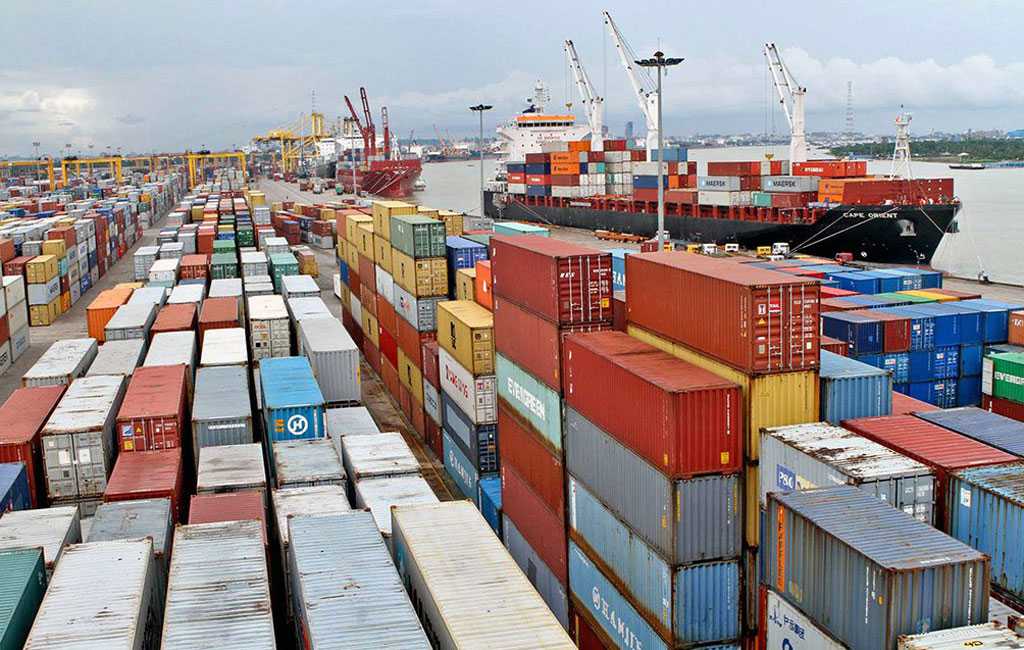Trade deficit narrows even more in November

Image: Collected
Bangladesh’s trade deficit narrowed 30.77 % year-on-year to $4.7 billion in the primary five months of the fiscal year, because of the falling pattern of import because of the ongoing economic slowdown due to the coronavirus pandemic.
The deficit fell by $2.09 billion to $4.7 billion through the July-November period, according to data from the Bangladesh Lender (BB).
“It really is an indicator of recession. On the other hand, it has both positive and negative aspects,” said Zahid Hussain, a previous business lead economist of the Universe Bank’s Dhaka office.
The trade deficit narrowed as a result of negative import progress, which indicates stagnated economic activities and weak household demand.
Import growth dropped about 9 % through the period to $20.2 billion from a season earlier.
Investment-related imports like capital machinery and intermediate products have dropped significantly due to the pandemic, Hussain said.
The country’s export earnings grew only 0.86 % to $15.5 billion in the first five months of the fiscal year, in line with the BB data.
Revenue from garment exports fell 1.48 per cent year-on-year to $12.89 billion in the July-November amount of the fiscal year.
Exports might fall further found in the upcoming days as the next wave of COVID-19 has recently were only available in Europe and America, Hussain said.
“There will not be any sustainable economic recovery from the recession for another six months,” he added.
The country's current balance posted a surplus of $4.10 billion in the first five months of the fiscal year owing to the sharp decline in the trade gap.
The surplus in the current account will fall when the country’s financial activities grab, said Ahsan H Mansur, executive director of the Policy Exploration Institute of Bangladesh.
The record foreign exchange reserve can be a reflection of the lower trade deficit and surplus in today's account.
The country's forex reserves on December 15 crossed the $42 billion-mark for the first time amid the pandemic.
Even though lots of may interpret the shrinking of the trade deficit simply because an excellent indication but a deeper analysis of the country’s import-dependent nature would reveal that it was not sending out a reasonable message to the overall economy at almost all, said AB Mirza Azizul Islam, a former caretaker federal government adviser.
A slight improvement in export earnings coupled with cash released from the donor agencies, like the World Lender, the Asian Development Bank and the International Monetary Fund, also contributed to the improved state of balance of payments, the economist said.
Source:
Previous Story
- Trade and income inequality in Bangladesh
- Japanese trade body eyes more investment in Bangladesh
- Keep local components VAT-free till 2027: motorcycle makers
- 97% Bangladeshi goods get duty free access in...
- Beijing grants tariff exemption to 97% of Dhaka...
- Centre pulls up West Bengal for suspending trade...
- Trade thru Benapole resumes after per month
- British good trade group boils down heavily in...